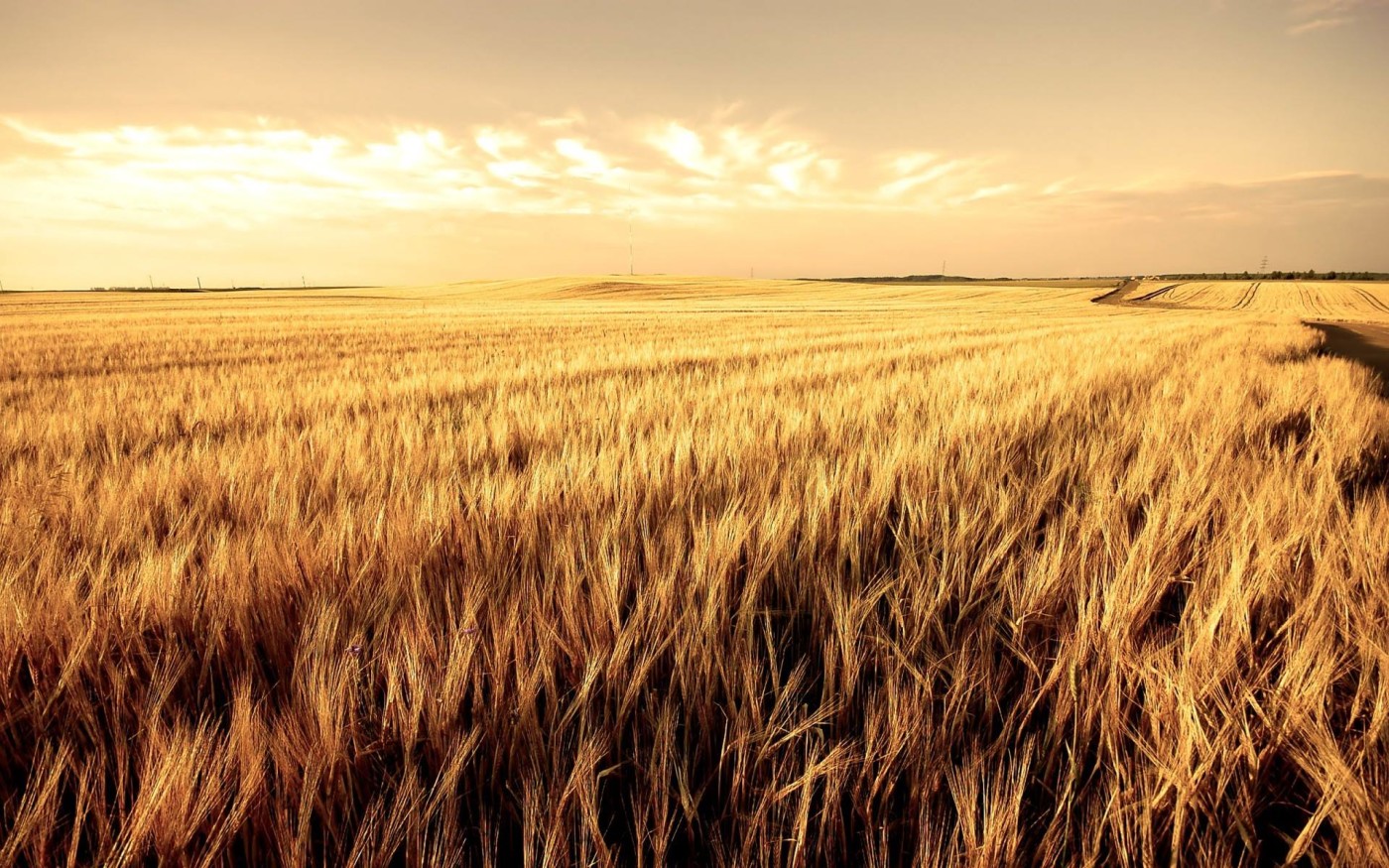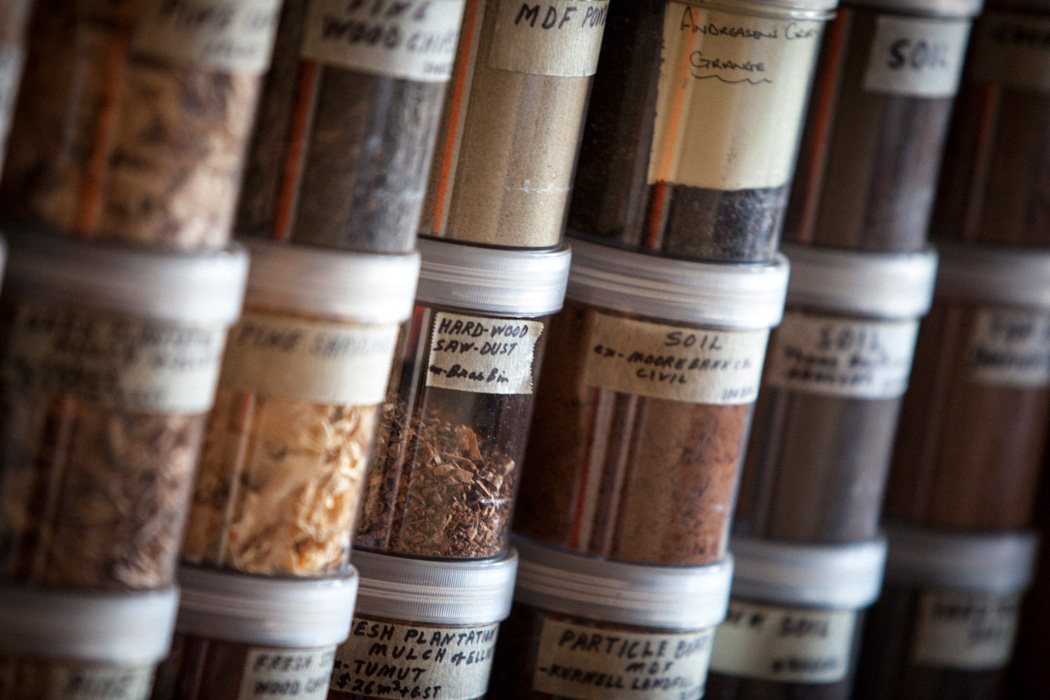A Dark Laboratory: Exploring soil health perceptions and assessments in the Maritimes
Author(s): Carolyn Mann
Date of Publication: November 2017
Farmer interviews and soil sampling were conducted on 34 farms to explore how farmers’ soil health (SH) perceptions, assessments and management practices relate to lab SH measures: the Cornell Soil Health Assessment (CSHA), bio-indicator Folsomia candida growth, and phospholipid fatty acid analysis (PLFA). Farmers emphasized biological and production-based SH aspects but neglected ecological considerations, and their SH assessments agreed most strongly with CSHA assessments of nutrients, available water capacity and biological activity. F. candida growth did not differentiate between soils nor reflect CSHA results. Manure application and perennial/mixed rotations were positively correlated with water-stable aggregates, soil respiration, and all PLFA microbial groups, while tillage and simplified grain/vegetable rotations were correlated with P, Cu, Al, sand and the predator:prey ratio. Results show promise for integrating CSHA and PLFA to improve SH assessment, but to affect farmers’ SH management decisions, the SH concept and testing must make sense within farmers’ worldview.
Link to study: here
Management of Delia spp. Through Selectively Timed Planting of Phaseolus vulgaris in Atlantic Canada
Author(s): Natalie Silver, Kirk Hillier & Suzanne Blatt
Date of Publication: 2018
Delia spp., including Delia platura (Meigen) (Diptera: Anthomyiidae) are known pests of vegetable crops. Here, three studies were conducted to examine the relationship between Delia spp. damage on P. vulgaris. Plantings in mid-June resulted in higher crop yields (mean bean pods per plant) and reduced damage ratings compared with earlier plantings. Late-May and early June planting dates were not favorable, as they resulted in high damage ratings and low plant survival. Late June and July plantings resulted in low damage ratings but low crop yields. Growth chamber experiments examined oviposition preference of D. platura females at seven phenological stages for two varieties of P. vulgaris. Results indicated significantly higher oviposition rates on bean plants at early phenological growth stages, with no significant varietal preference shown by maggots. Laboratory experiments quantified the impact of D. platura larval infestation on two ¨P. vulgaris varieties at two growth stages. Results indicated no significant difference in variety choice. Recommendation for planting P. vulgaris to coincide with Delia spp. phenology using degree day model is discussed.
Link to study: here

